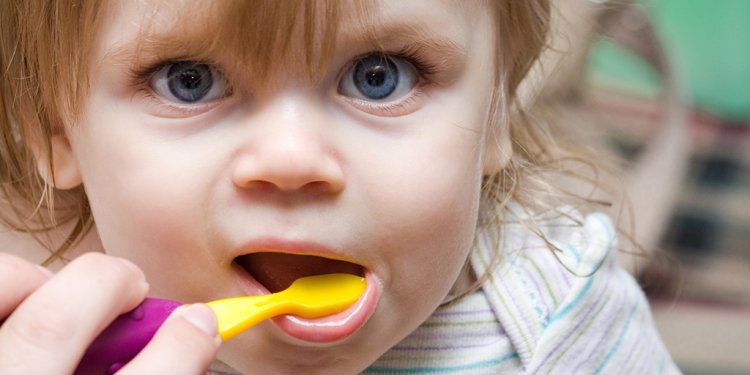
Oral Health Magazine
Jerrold H. Epstein, DDS, says today’s patients go to great lengths to save their teeth.
Photo Courtesy of Kathleen Cravedi, NLM
Jerrold H. Epstein, DDS, a general dentist in Alexandria, Virginia, has been in practice for 35 years. He spoke with NIH MedlinePlus magazine about oral health issues common in older adults.
What has been your experience in seeing patients with dry mouth?
Most dry mouth cases I’ve seen seem to be a side effect of medications. Since it is usually associated with medications that are helping the patient, physicians often don’t want to alter the regimen. Artificial saliva, chewing gum or lozenges with xylitol, special mouth rinses, and drinking plenty of water can help these patients.
Do you perform a check for oral cancer as part of your preventive visits?
Yes I do. I hope all dentists are performing oral cancer exams. While the risk of oral cancer increases with age, it is not just a disease of older people. Unfortunately, I have discovered oral cancer in a couple of my patients, both far from being senior citizens. However, in both cases it was discovered early enough, and the patients sought medical treatment immediately so that the outcome has been very favorable. It is very important to have regular oral examinations and avoid tobacco products.
Do some patients really think losing teeth is a natural part of life?
Not as much now as when I first started practicing 35 years ago. Many older people, especially those from rural areas, just assumed losing their teeth due to gum disease and tooth decay would necessitate their getting dentures as a part of growing older. Most of my senior patients are now so well educated about dental problems and treatments that they go to great lengths to try and keep their teeth. When I began practicing, patients would often say it wasn’t necessary to save a tooth because they were going to get false teeth eventually anyway. Now most patients say that they want to save their teeth.
What are the biggest dental concerns of your older patients?
Living longer than they ever expected, many of my older patients are concerned about their teeth lasting as long as they do. They did not have the benefits of fluoridated water and toothpastes until well into their adult years. This has resulted in major amounts of tooth decay and tooth loss. Fillings don’t last forever and every time they are replaced they get bigger. This, plus the fact that a filling is more susceptible to decay than a pristine tooth, means that eventually these teeth will need crowns and maybe even root canals. Most of these patients have a limited income, and they are worried if they can afford all the dental care they may need.

















